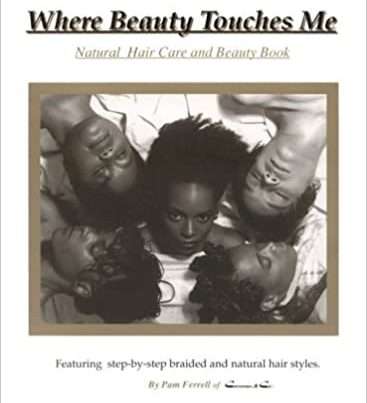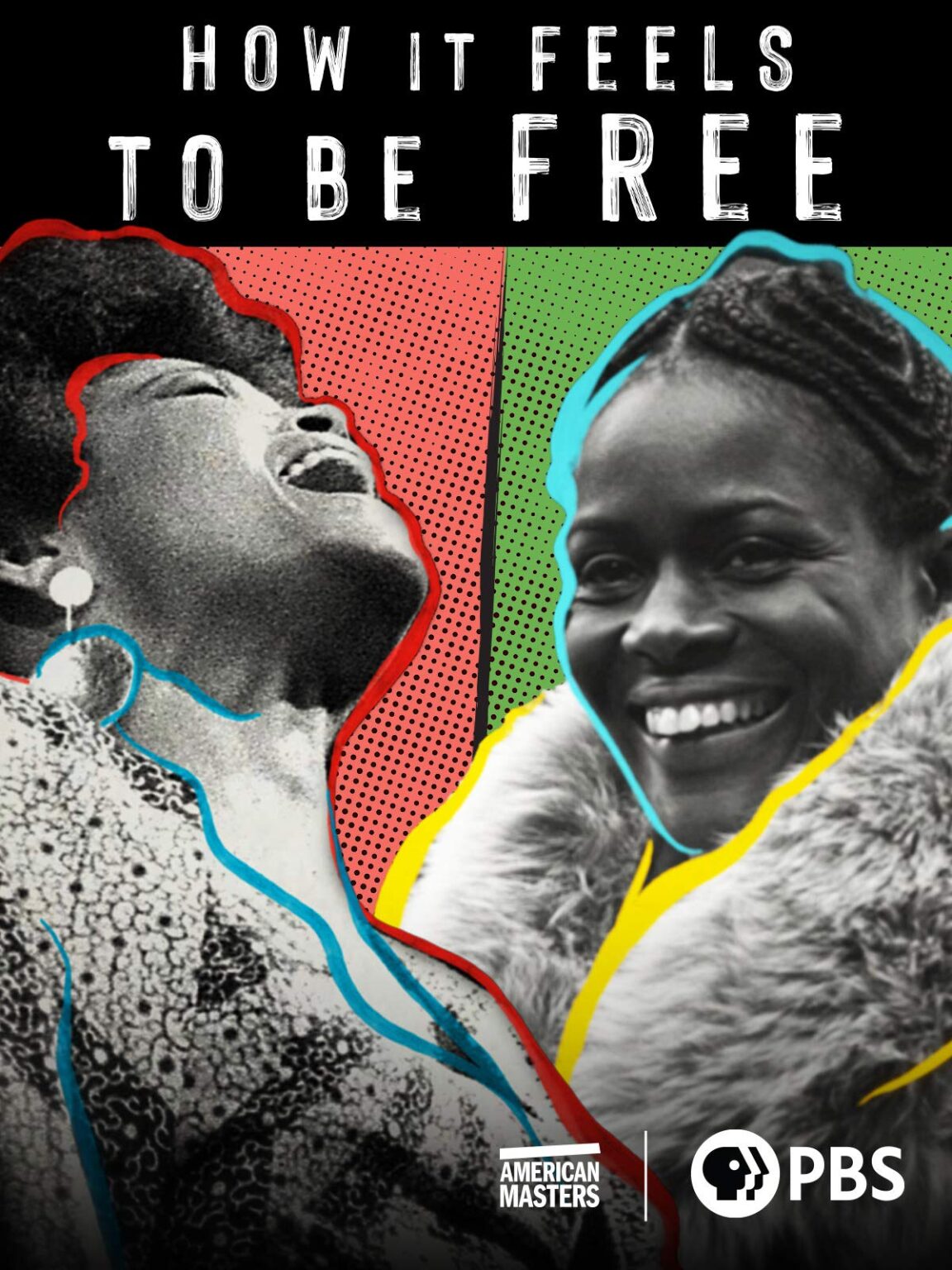The Art of Beauty – Owning Our Image
About the Episode
Beauty is the art of possibilities, to turn into oneself and embrace the reflection that you see. In this episode, we take on myths and celebrate our images, hues, hair and power.
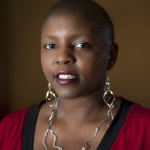
“I’m grateful that when you look at television today we’ve seen such a proliferation of stories, show runners, directors and writers who are black women telling our own story. In order to have the images that we want, we have to be in control of our imagery.”
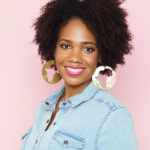
“We need to take back some of our marketplace. It’s always been bizarre to me that as the central consumers of beauty and hair products, someone else besides us markets and sells them to us.”
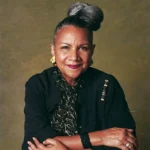
“Madam Walker… put her own image on her products, saying, ‘I am a Black woman, this is beauty. And when you buy my products, you are supporting the black community’.”

“The hardest nut to crack by far was standing up to the cosmetology cartel, which was determined to prevent braiders from opening businesses under [various] State Cosmetology Acts. It has taken us 32 years to change laws in 41 states.”

“Many of the stereotypes of black women in film and popular culture actually were constructed immediately after emancipation…to counter the notion that [we] should be looked at as fully human or seek socioeconomic or political equality.”

“I can do what I want, I can do what I feel, I’m more than a woman – a superwoman. I’m superwoman.”

